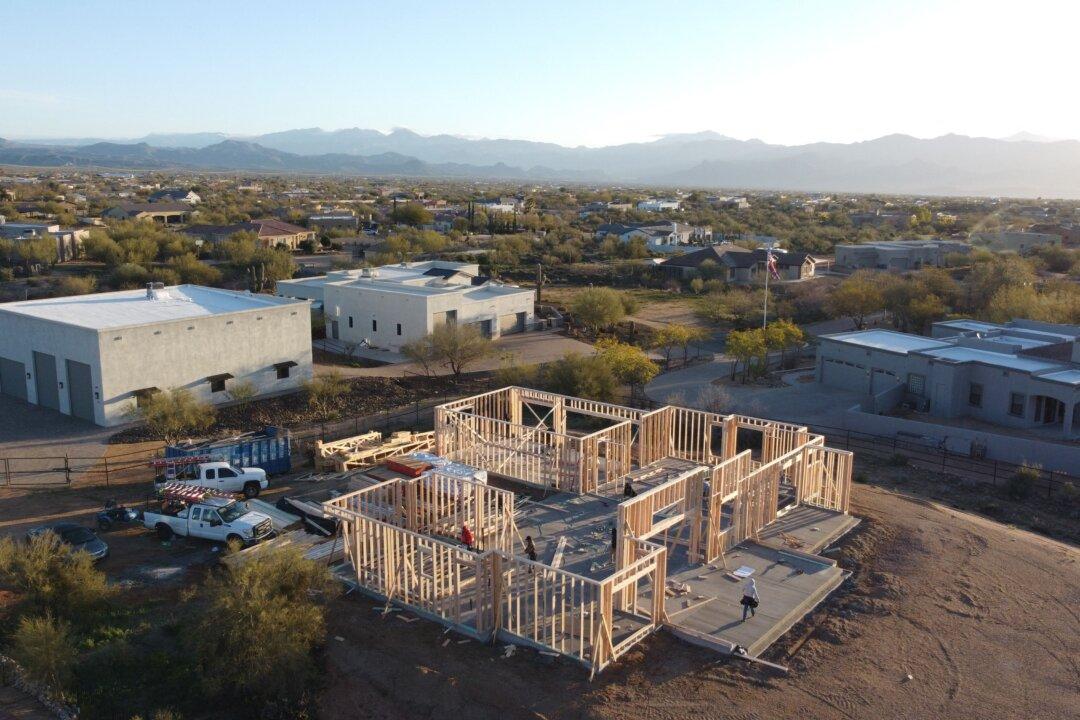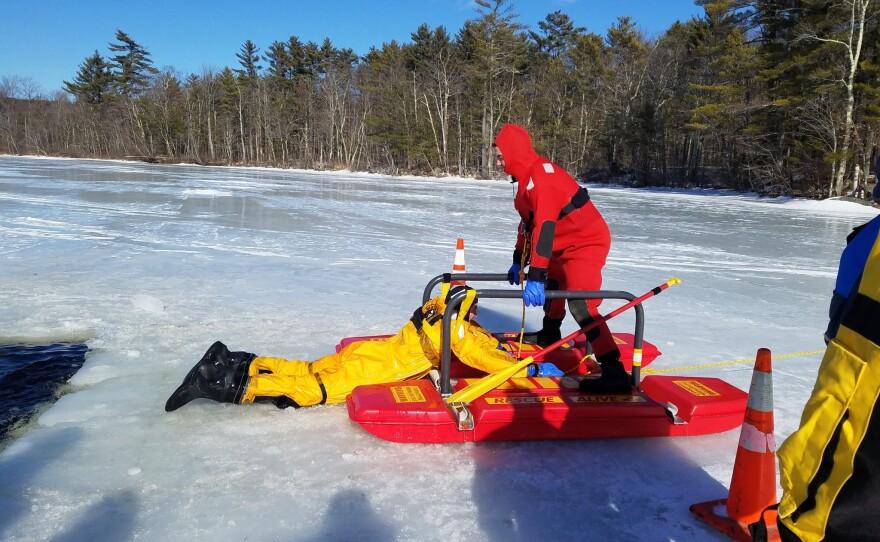As Arizona faces drought and intense heat, the city in Scottsdale has banned natural grass in the front yards of newly built homes in an effort to conserve water.
The measure was supported unanimously by the Scottsdale City Council and will apply to single-family homes constructed or permitted after Aug. 15.




